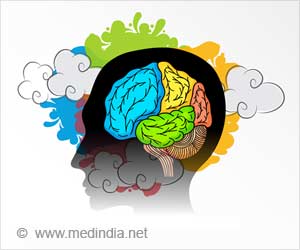Some of New York’s famous and scenic spots like the Empire State Building, Times Square and George Washington Bridge are among the sites often chosen by the tourists to commit suicide. According to a new study, more than one in 10 people who kill themselves in Manhattan are "suicide tourists," and their deaths cluster around the city’s well-known places.
"I don't think any of us were aware or even conscious of thinking of suicide among tourists, that people would travel to a city specifically for that," said study author David Vlahov of the New York Academy of Medicine.The findings, to be presented on Monday at the American Public Health Association meeting in Washington, are based on a review of the 7,634 suicides recorded between 1990 and 2004 by the city medical examiner, the Daily News reported. Out of the 407 suicides among non-residents, 274 occurred in Manhattan. More than half of those were long falls from bridges and high-rise commercial buildings.
"Research has shown that jumping from a height is more common in New York than in the rest of the United States," the report said. It added that some people seek out historic locations to die, such as the Golden Gate Bridge in California and the Eiffel Tower in Paris.
"These places become suicide landmarks," said Richard Seiden, who has studied suicides on the Golden Gate Bridge. "They develop a reputation and snowballing of their own." Seiden said that taking one's life in a known location "guarantees you a notoriety you may not have had otherwise."
According to the study, around 80 percent of the suicide tourists were men. Among New York City residents, 70 percent of the suicides were men. The tourists were young, between 15 and 34. However, Alan Ross, executive director of the suicide prevention hotline Samaritans of New York, doubted people are traveling here expressly to die.
"The keys to suicide prevention are tied to resources, support and coping mechanisms. Being away from home makes that less accessible," Ross said. "It certainly behooves major tourist areas to make sure that support services are available at their moment of crisis," he added.
Advertisement
LIN/V





